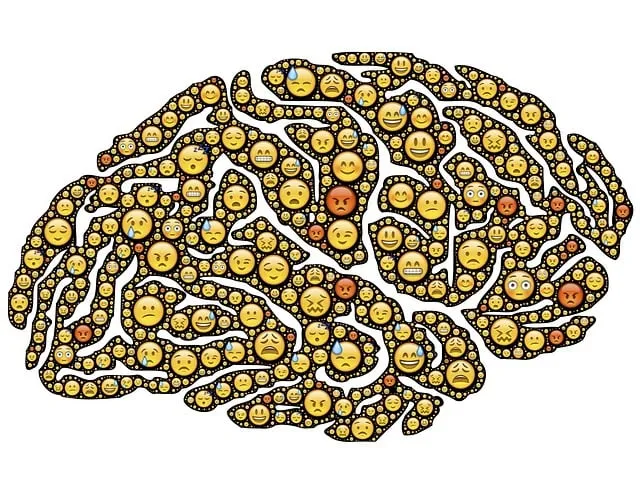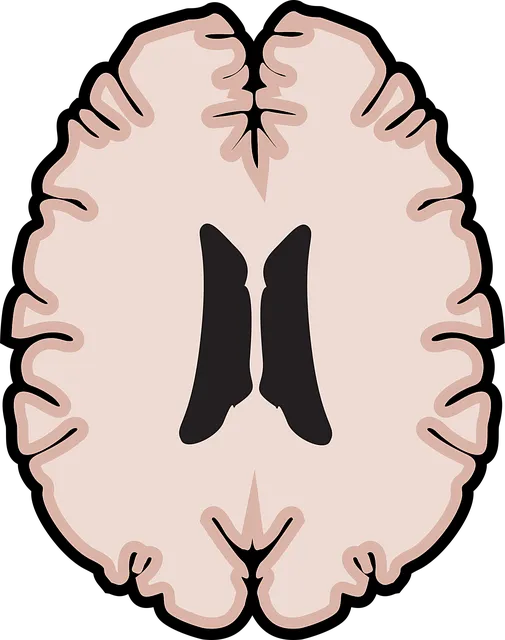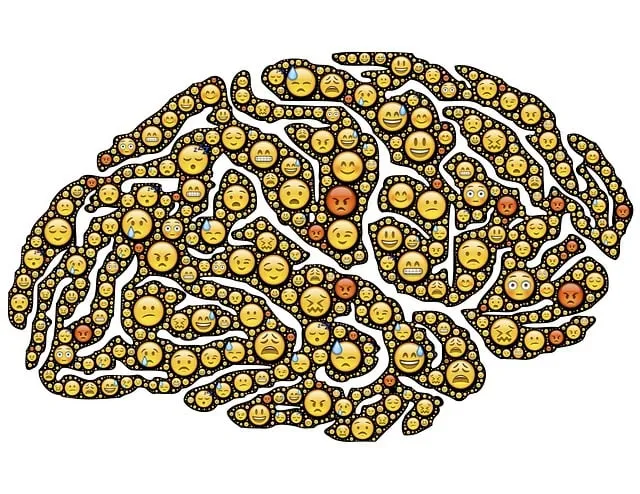Kaiser Permanente mental health number Wheat Ridge adopts a unique approach to risk assessment by incorporating insights from podcasts and public awareness campaigns, prioritizing patient safety and improved outcomes. They emphasize evidence-based practices, self-care for providers, and holistic training, addressing emotional well-being through various methods. This comprehensive strategy includes attuned observation, patient history intake, symptom monitoring, and skill development, fostering a resilient environment for both staff and patients. Continuous professional development and community support are key to maintaining this progressive risk management framework.
In the demanding field of mental health, risk assessment is an indispensable tool for professionals aiming to deliver safe and effective care. This article explores a structured approach to risk management inspired by Kaiser Permanente Wheat Ridge’s innovative framework. We delve into identifying hazards within patient interactions, implementing robust mitigation strategies, and emphasizing continuous improvement through protocol updates. By adopting these practices, mental health professionals can enhance patient safety and foster a resilient clinical environment, reflecting the quality standards set by Kaiser Permanente Wheat Ridge.
- Understanding Risk Assessment in Mental Health Practices
- Kaiser Permanente Wheat Ridge: A Framework for Safety
- Identifying Potential Hazards in Patient Interactions
- Implementing Effective Mitigation Strategies
- Continuous Improvement: Monitoring and Updating Protocols
Understanding Risk Assessment in Mental Health Practices

Risk assessment is a cornerstone in mental health practices, enabling professionals to identify and mitigate potential risks associated with client care. This systematic process involves evaluating various factors that could impact a client’s well-being, ensuring the safety of both clients and healthcare providers. At Kaiser Permanente mental health number Wheat Ridge, risk assessment is not just a protocol but a compassionate cultivation practice, where therapists delve into complex situations to offer tailored support.
The approach goes beyond surface-level considerations, incorporating insights from the Mental Wellness Podcast Series Production and Public Awareness Campaigns Development initiatives. By fostering an environment that cultivates compassion, these assessments help professionals navigate challenging scenarios with empathy. This comprehensive strategy ensures that client care is not just reactive but proactive, addressing potential risks before they escalate, ultimately contributing to improved mental health outcomes.
Kaiser Permanente Wheat Ridge: A Framework for Safety

Kaiser Permanente Wheat Ridge offers a comprehensive framework for mental health professionals to prioritize safety and foster a supportive environment. This approach is grounded in evidence-based practices, emphasizing the importance of self-care and resilience among healthcare providers. By integrating Mental Wellness Journaling Exercise Guidance and incorporating Stress Reduction Methods, Kaiser Permanente creates a culture where mental wellness is not just discussed but actively nurtured.
The initiative extends beyond individual well-being to encompass a holistic view of team dynamics and patient care. Through regular training sessions, professionals are equipped with strategies to navigate challenging situations, ensuring they remain grounded and present in their interactions. This proactive approach, including the Mental Wellness Podcast Series Production, enables mental health experts to provide exceptional care while maintaining their own emotional well-being, ultimately enhancing the overall quality of services at Kaiser Permanente Wheat Ridge.
Identifying Potential Hazards in Patient Interactions

Mental health professionals at Kaiser Permanente mental health number Wheat Ridge constantly navigate complex emotional landscapes with their patients. Identifying potential hazards in patient interactions is a critical aspect of risk assessment, ensuring safe and effective care. These hazards can manifest in various forms, from overt aggression or threats to more subtle indications of distress or suicidal ideation. Professionals must be attuned to non-verbal cues, changes in mood, and shifts in the patient’s discourse, all of which could signal escalating risks.
Risk assessment involves a multi-faceted approach that includes thorough patient history intake, regular monitoring of symptoms, and staying updated on relevant public awareness campaigns development. Additionally, integrating Social Skills Training and reinforcing Mind Over Matter Principles can empower both professionals and patients to navigate challenging situations constructively, further mitigating potential hazards during interactions.
Implementing Effective Mitigation Strategies

Implementing effective mitigation strategies is a cornerstone for mental health professionals operating under the Kaiser Permanente mental health number Wheat Ridge. These strategies are designed to address potential risks and vulnerabilities inherent in the field, enhancing both practitioner well-being and patient outcomes. One key approach involves incorporating self-awareness exercises into daily practice. By fostering introspective practices, mental health professionals can better recognize their emotional states, manage stress, and prevent burnout—essential components for maintaining a clear and effective clinical perspective.
Additionally, adhering to Mind Over Matter principles offers potent tools for risk mitigation. This involves cultivating positive thinking patterns, resilience, and coping mechanisms that empower practitioners to navigate challenging situations effectively. Social Skills Training further complements these strategies by enhancing communication and interpersonal dynamics, ensuring mental health professionals can build strong, supportive relationships with both colleagues and clients. These integrated approaches collectively contribute to a robust risk management framework, underpinned by the Kaiser Permanente mental health number Wheat Ridge’s commitment to optimal practitioner well-being and quality patient care.
Continuous Improvement: Monitoring and Updating Protocols

Mental health professionals at Kaiser Permanente mental health number Wheat Ridge must embrace a culture of continuous improvement to effectively manage risks and enhance patient care. This involves regularly monitoring the latest research, guidelines, and best practices in their field. By staying updated, practitioners can identify gaps in existing protocols and make necessary adjustments to ensure optimal patient outcomes. Continuous improvement is not just about checking boxes; it’s an ongoing process that encourages professionals to reflect on their practice, learn from experiences, and incorporate new strategies into their workflow.
To facilitate this, healthcare organizations like Kaiser Permanente Wheat Ridge should provide resources for ongoing professional development, such as workshops, webinars, and peer-to-peer learning opportunities. Encouraging mental health professionals to participate in these activities ensures they stay abreast of advances in their discipline, foster a sense of community, and cultivate inner strength—a key component in burnout prevention strategies for healthcare providers. This collective commitment to continuous improvement not only strengthens individual practice but also contributes to the overall emotional healing processes within the healthcare setting.
Mental health professionals must continually assess risks to ensure patient safety, as highlighted by Kaiser Permanente’s comprehensive framework at Wheat Ridge. By understanding potential hazards in patient interactions and implementing robust mitigation strategies, practitioners can create a secure environment. Continuous improvement through regular monitoring and protocol updates is vital, drawing from the success of Kaiser Permanente’s approach. This proactive risk assessment not only protects patients but also enhances the overall quality of mental health services delivered by professionals.






